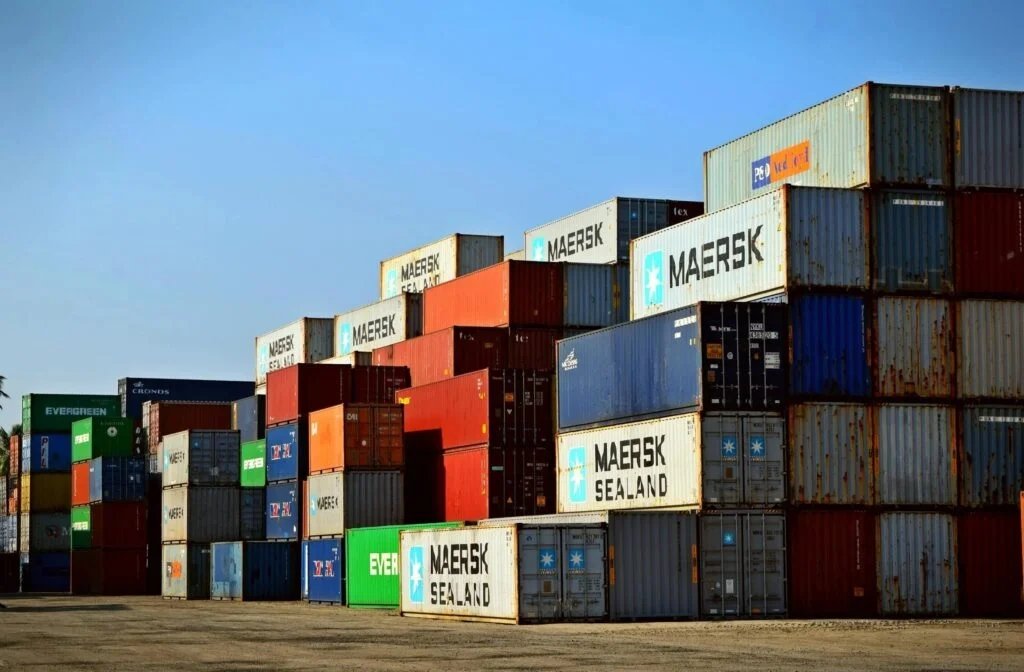
When customers plan to find the perfect logistics agent, they often need help in choosing. Working with current agents can sometimes cause unexpected issues and strain the relationship.
This article looks at what makes a good logistics agent. It also explains why conflicts can happen between customers and agents. Additionally, it offers advice on how to avoid these conflicts.
1. Identify common disagreements and fissures:
Clients often encounter a variety of obstacles when working with agencies. For example, there may be a discrepancy between the quality of service the agent provides and the customer’s expectations. Poor communication channels may lead to inefficient cooperation, or disputes may arise in performing contractual obligations, implementing standards, etc. These challenges disrupt normal business operations and may cause additional financial losses to customers.
2. Strive to establish an ideal partnership:
Clients desire strong relationships with their agents, working together to achieve common business goals. Agents must offer professional and efficient services. They should also maintain open communication and collaboration. Additionally, they must adhere to principles of integrity and transparency.
Clients want to build trust and help each other so they can work together to handle market changes and overcome challenges.
3. Qualities that a qualified agent should possess:
A top-notch agent should possess extensive professional knowledge and experience, and be capable of offering customers comprehensive logistics solutions. They need to be good at talking to people and understanding what customers want. They should respond quickly to customer needs and work closely with customers. Additionally, agents should be flexible and adaptable, able to adjust and improve based on customer needs.
4. Case analysis:
For instance, when customer A worked with an agent for a longer time, they noticed that the service quality decreased. Customer A talked with the agent for a while.
They figured out the cause of the problem. Then, they made a plan with the agent to improve the situation. The agent quickly improved service quality and restored customer trust by strengthening internal training and process optimization.
These examples of collaboration demonstrate that customers and agents can resolve problems. Working together and communicating effectively solves issues, leading to a stronger and more positive relationship.
5. Strategies for resolving differences:
Many strategies and methods exist for resolving differences between clients and agents. Establishing closer cooperative relationships, re-evaluating cooperation agreements, or finding new partners can solve problems. What is important is that both parties need to keep an open mind, actively look for solutions to problems, and jointly cope with challenges.
In summary:
Building a good, long-term working relationship is crucial for the client and agent. Sportsman SCS aims to be a trusted partner for its clients, working together to achieve business growth and success. We are committed to avoiding mistakes and oversights. We strive to provide high-quality service and unwavering support to our customers consistently.

